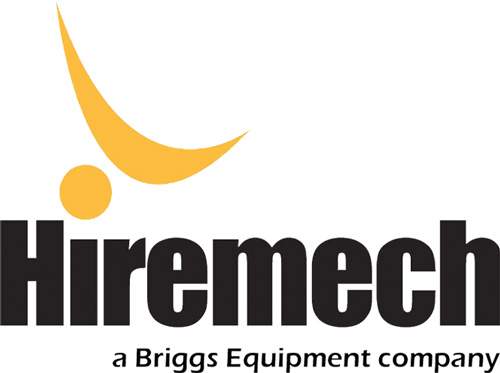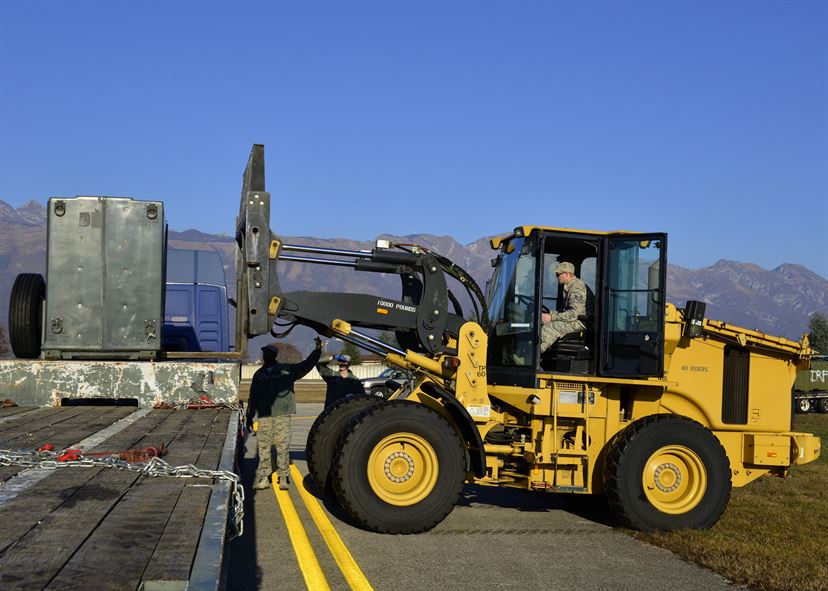Test your knowledge of the basics of operating a forklift safely, by answering these forklift theory test questions and answers ahead of your theory test, and make sure that you are well prepared to pass first time.
Forklift training practice test Questions :
1. Give four checks that you are required to make before picking up a load.
2. What are the four obligations of forklift operators and employees, as laid out by the Health and Safety at Work Act 1974?
3. When using the hydraulic controls, what two steps must the operator take?
4. What is the correct procedure for preparing to safely move off?
5. When the load capacity is increased, which of the following is true?
a. The load carrying capacity is increased
b. The load carrying capacity is unaffected
c. The load carrying capacity is decreased
6. What should a forklift operator do if they encounter an obstruction while using the truck?
7. How should you use the horn when approaching a blind corner?
a. Sound several short sharp blasts of the horn
b. Sound one long and continuous blast of the horn
c. Don’t use the horn when approaching a blind corner
8. Who is responsible for enforcement of the Health and Safety at Work Act 1974?
9. Who is responsible for health and safety in the workplace?
10. What is the difference between net weight and gross weight?
11. What factors can often cause a lift truck to tip over sideways?
12. Who issues the written authorisation for a forklift operator to use a piece of equipment?
13. What should you always do right before moving off in the forklift?
14. Who has responsibility for checking that a truck is in working order before use?
15. What are the safety considerations when charging a forklift truck battery?
Answers
1. Weight; load centre; collection and deposit locations; load security and condition; contents of load; pallet material.
2. Duty of safety to self; duty of safety to others; cooperation with management to ensure safety; not to misuse, tamper with, damage, abuse or modify any health and safety equipment or other provisions.
3. Apply the parking brake; put the truck into neutral gear.
4. Engage the transmission; check over both shoulders; remove the parking brake; move on.
5. c. The load carrying capacity is decreased.
6. Park the truck safely and remove the obstruction before continuing with operation of the forklift.
7. a. Sound several short sharp blasts of the horn.
8. The Health and Safety Executive; relevant Local Authorities.
9. Everybody in the workplace: workers; managers and supervisors; visitors; regulators and authorities.
10. Net weight is the total weight of the product itself; gross weight is the total weight of the product, pallet and packaging.
11. Unladen trucks and sharp turns.
12. The operator’s employer.
13. Look over both shoulders and check the area behind you is clear.
14. The operator should always check the forklift before using it.
15. Use the correct charger for the battery type; turn off the charger before reconnecting the battery to the truck; ensure the battery is well ventilated during charging; ensure the charging cables are not trapped or caught; connect the charger to the battery, not to the truck itself.
Hiremech offers training and support for forklift owners and operators, and we are happy to offer advice and support on any aspect of forklift use. If you have any questions or if you want a quote for equipment or training, contact our team today on 0208 880 3322, or email the team at sales@hiremech.co.uk.

 020 8880 3322
020 8880 3322